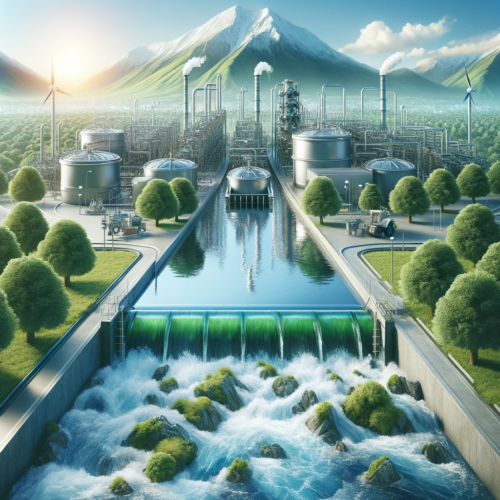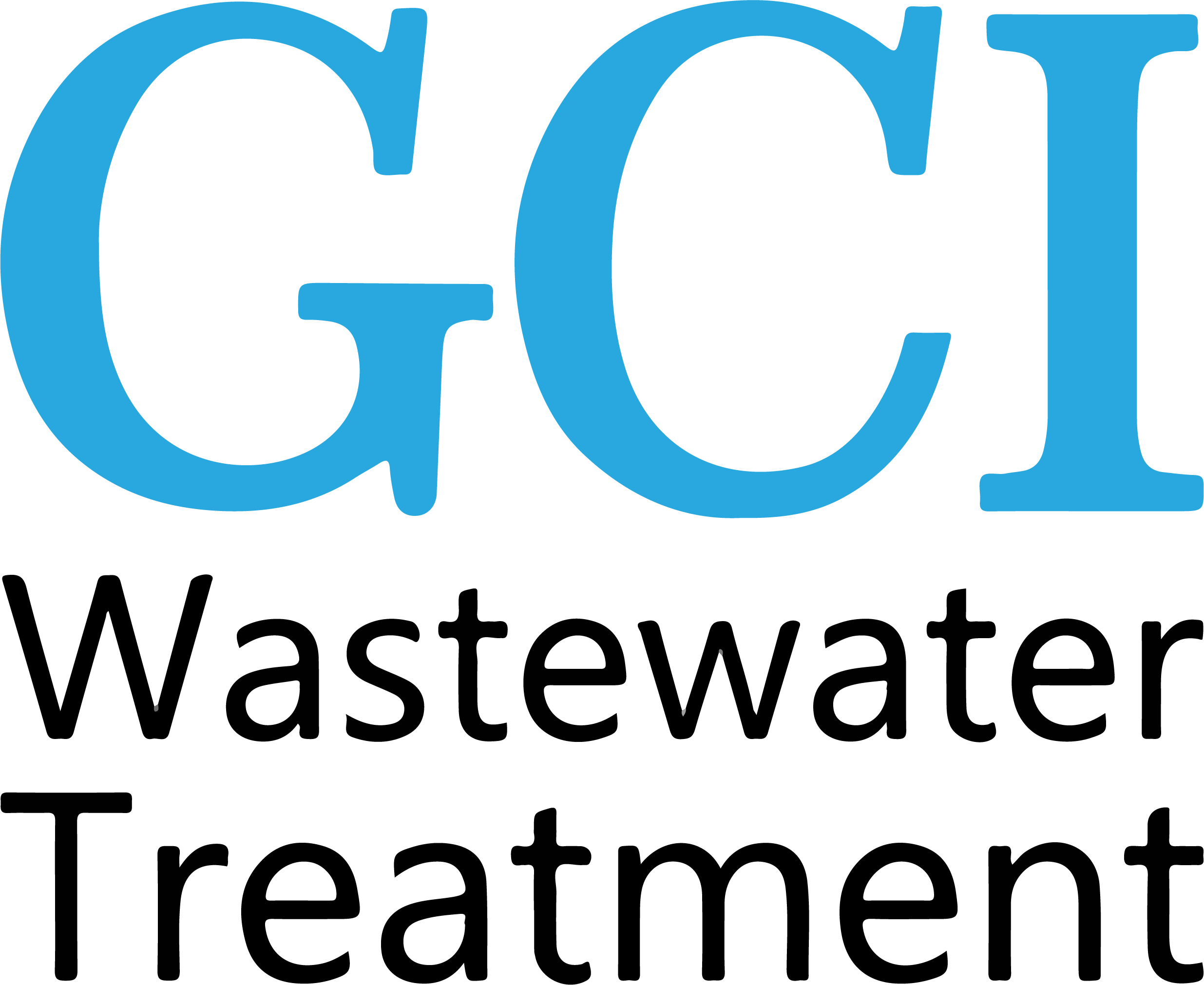WASTEWATER TREATMENT: Paving the Way to a Cleaner Future
Wastewater treatment – it’s a term often associated with purification and cleaning processes that happen behind the scenes. Yet, in today’s rapidly evolving world, the field of wastewater treatment is emerging as a focal point of innovation and sustainability. In this article, we delve deep into the world of Wastewater Treatment, uncovering how it is transforming from a mere necessity into a cornerstone of environmental conservation and resource recovery.

The Hidden Treasure in Wastewater
Wastewater, often thought of as a problem to be disposed of, holds immense untapped potential. It’s not just sewage; it’s a reservoir of valuable resources. Within wastewater flows energy, nutrients, and even freshwater. The challenge lies in harnessing these resources while ensuring the responsible treatment of harmful pollutants.
The Evolution of Wastewater Treatment
Traditional wastewater treatment methods have served us well for decades, effectively removing contaminants and pollutants. However, they fall short in terms of resource recovery and energy efficiency. The future of wastewater treatment lies in cutting-edge technologies and innovative approaches that maximize the benefits.
1. Resource Recovery: Turning Waste into Wealth
Imagine wastewater treatment plants that not only clean water but also recover energy and nutrients. Advanced technologies like anaerobic digestion and nutrient recovery systems are becoming more common. Anaerobic digestion converts organic matter in wastewater into biogas, a renewable energy source. Nutrient recovery systems extract valuable phosphorus and nitrogen for reuse in agriculture.
2. Energy-Neutral Treatment Plants
Traditionally, wastewater treatment plants consume significant amounts of energy to operate. However, modern designs focus on energy efficiency and even achieving energy neutrality. By utilizing the biogas generated during treatment and employing energy-efficient equipment, these facilities are minimizing their carbon footprint.
3. Sustainable Water Reuse
As freshwater scarcity becomes a global concern, the concept of water recycling gains prominence. Wastewater treatment plants are now exploring ways to purify treated wastewater for safe reuse, such as irrigation, industrial processes, or even potable water supply. This reduces the demand for freshwater resources and lessens the environmental impact.
4. Decentralized Treatment Systems
In addition to large centralized treatment plants, decentralized systems are gaining traction. These smaller, localized treatment units can serve remote areas or communities without access to extensive infrastructure. They offer flexibility and resilience in the face of emergencies or disasters.
5. Smart Monitoring and Control
Advancements in sensor technology and data analytics enable real-time monitoring of wastewater treatment processes. Operators can optimize plant performance, reduce energy consumption, and respond promptly to any issues, ensuring efficient and eco-friendly operation.
The Road Ahead: Environmental Conservation and Sustainability
The transformation of wastewater treatment from a conventional necessity into a powerful tool for environmental conservation and resource recovery is well underway. By embracing innovation and sustainability, we not only protect our ecosystems but also create new opportunities for economic growth and environmental stewardship.
As communities and industries worldwide grapple with the challenges of wastewater management, the evolution of wastewater treatment offers hope for a cleaner, greener future. It’s time to recognize the potential hidden in wastewater and pave the way for a more sustainable world.
In conclusion, the world of wastewater treatment is experiencing a profound shift, one that promises a future where waste becomes a valuable resource. From resource recovery to sustainable water reuse, innovation is driving the transformation of this critical field. By focusing on sustainability, we can unlock the potential within wastewater and create a more environmentally conscious and resource-efficient world.

